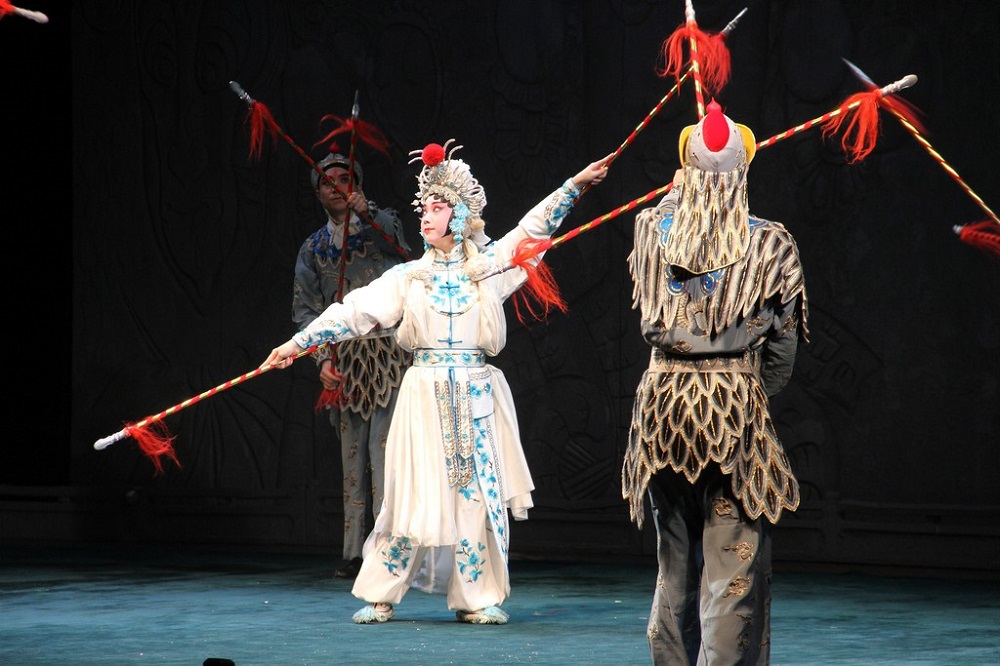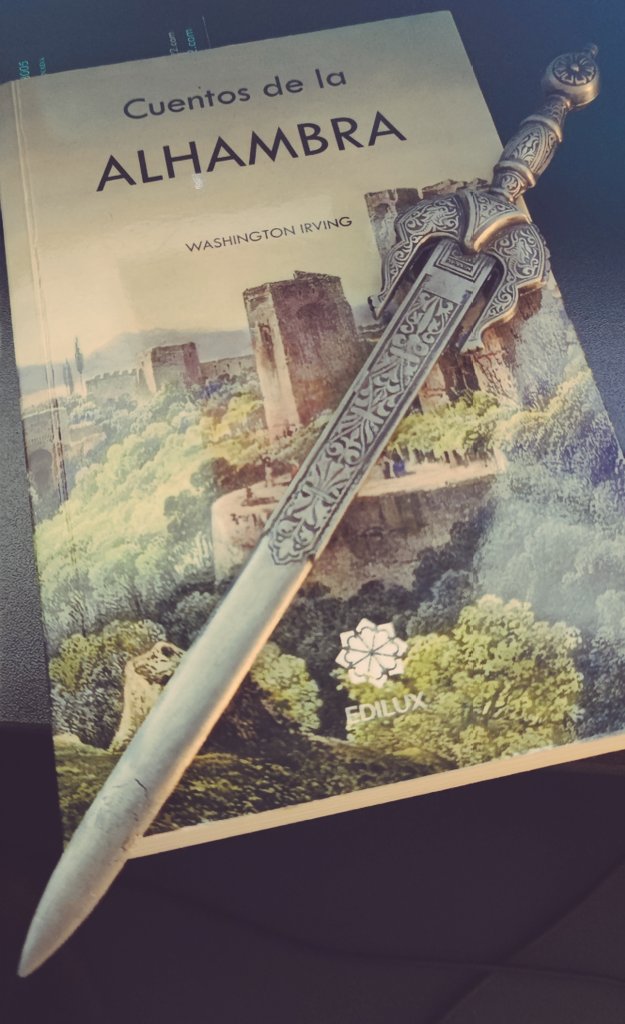


The big difference was commercial: opera, by now, was selling, and Venice alone had dozens of opera houses, catered for by Monteverdi’s successors including Francesco Cavalli, a composer now coming back into vogue whose lurid dramas take after Poppea in combining misbehaviour in high places with seductively gorgeous music.Ĭavalli's L'Egisto 1984. Poppea is much more ‘tuneful’ than the Camerata would have liked, and the linking recitatives have acquired an accompaniment of keyboard, viola da gamba, lutes. The monodic line is there, but it is mixed in with madrigals and the embryonic form of the aria, a musical soliloquy which was soon to become a vocal showpiece in which the words would have ever decreasing importance. The story describes the frantic and bloody affair between the Emperor Nero and his beloved, the gold-digger Poppea, a love story that doesn’t run smoothly at all. You can see how opera had developed even within Monteverdi’s lifetime by comparing Orfeo with L’incoronazione di Poppea (1643), which blends the ideals of the Camerata (somewhat diluted by this stage) with opera’s greatest obsession, sex (which they call ‘love’). Nonetheless the opera gives us a good idea of the simplicity and directness that was aimed at. What Orpheus sings is already considerably more than the mere ‘heightened speech’ proposed by the Camerata: Monteverdi realised something more musically interesting was required to hold the attention, and the simple declamation often flowers into songs with dancing rhythms and sophisticated instrumental accompaniment.

The Greek hero Orpheus is the ideal operatic protagonist, a musician who charms the gods with his singing and his lyre to win back his dead wife Eurydice. There were operatic composers before Claudio Monteverdi, but his Orfeo (1607) is among the earliest ever written and certainly the earliest in the regular operatic repertoire. The process was already at work in the very earliest operas. The history of opera is a repeating cycle of this ideal’s gradual corruption by an ever-greater emphasis on purely musical and vocal beauty – as in 18th-century opera seria and the bel canto (‘beautiful singing’) of Bellini and Donizetti – and the attempt to revert to a version of pure first principles, for example in the work of Gluck, Wagner, and to an extent Musorgsky, Janáček and much 20th-century opera.

The effect would be of a simply sung or declaimed play. What the members of the Camerata (who included Vincenzo Galilei, Galileo’s father) proposed was a drama featuring a single vocal (‘monodic’) line supported by a simple accompaniment, which would reproduce the rhythms of natural speech and highlight the words: in later times this, or something like it, would become known as recitative. This was a reaction against current musical trends: they were trying on one hand to correct the inability of polyphonic music – that is, multi-part, often rather austere choral pieces – to properly convey the meaning of words, and on the other to simplify the over-ornateness of madrigals, usually sung by four singers, which had become altogether too flowery for their tastes. In the 1580s a group of Florentine intellectuals known as the Camerata thought it would be a good idea to create a mixture of music and theatre along the lines of Greek drama – despite the minor drawback of actually having no idea what Greek drama either sounded or looked like. Opera has been around for over 400 years. Like all good things it is there to entertain but it is also, even at its most frivolous, deeply serious: it aims to explore, to wonder about the springs of human motivation, to ask the question of all grown-up art, how should we live? And it tries to do this through a combination of factors – music, drama, words, staging, design, movement and the most sophisticated use the human voice has ever been put to – that can seem to be in conflict with each other, each striving for first place.


 0 kommentar(er)
0 kommentar(er)
